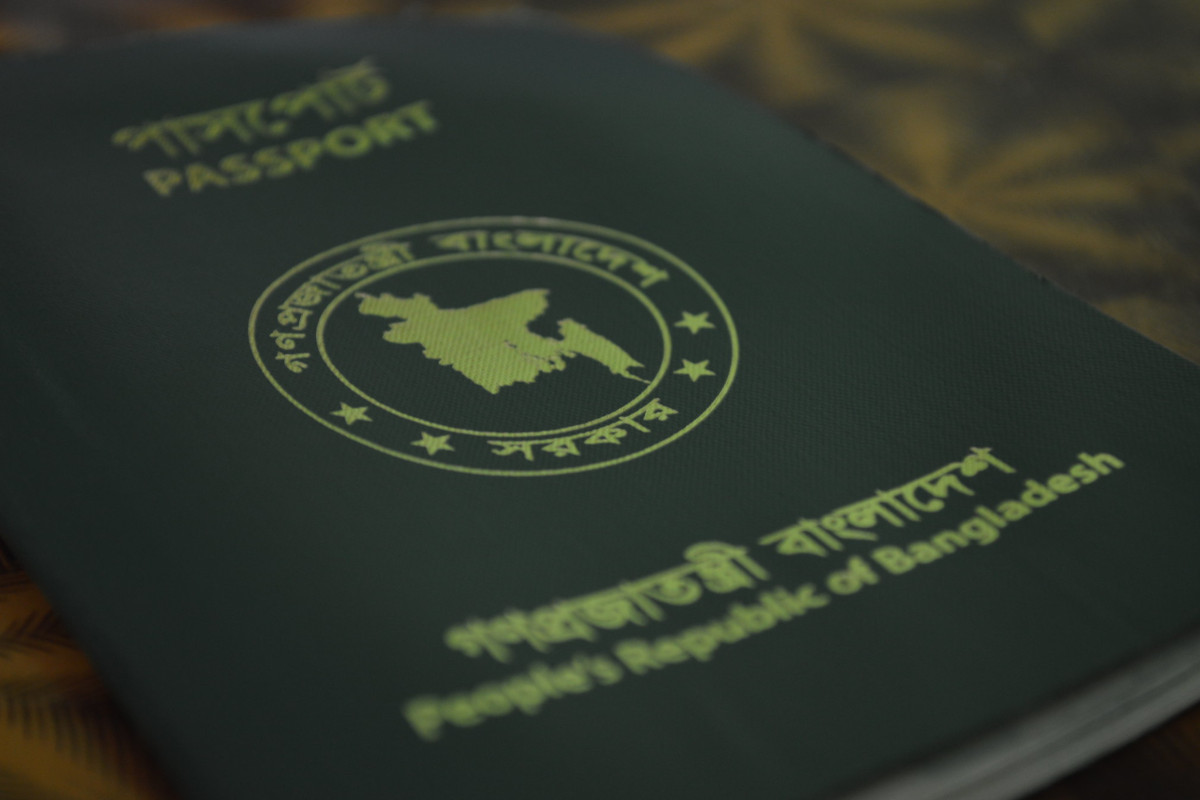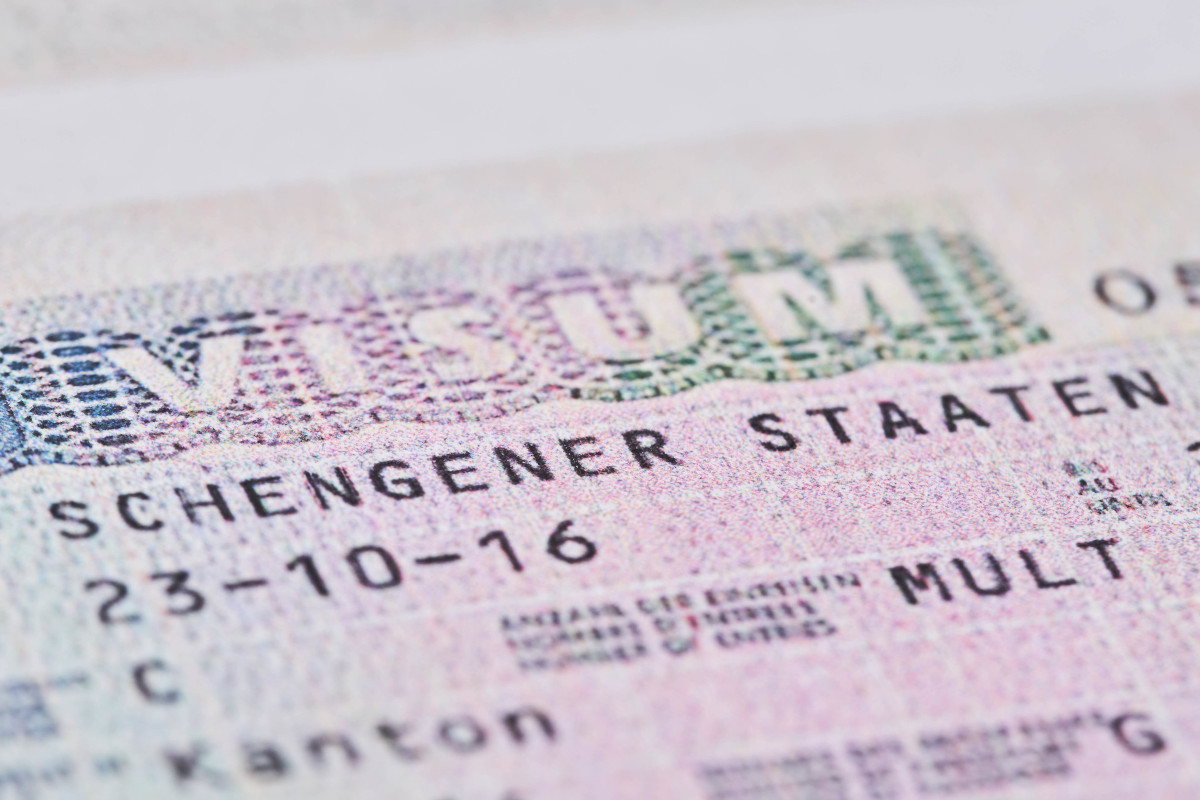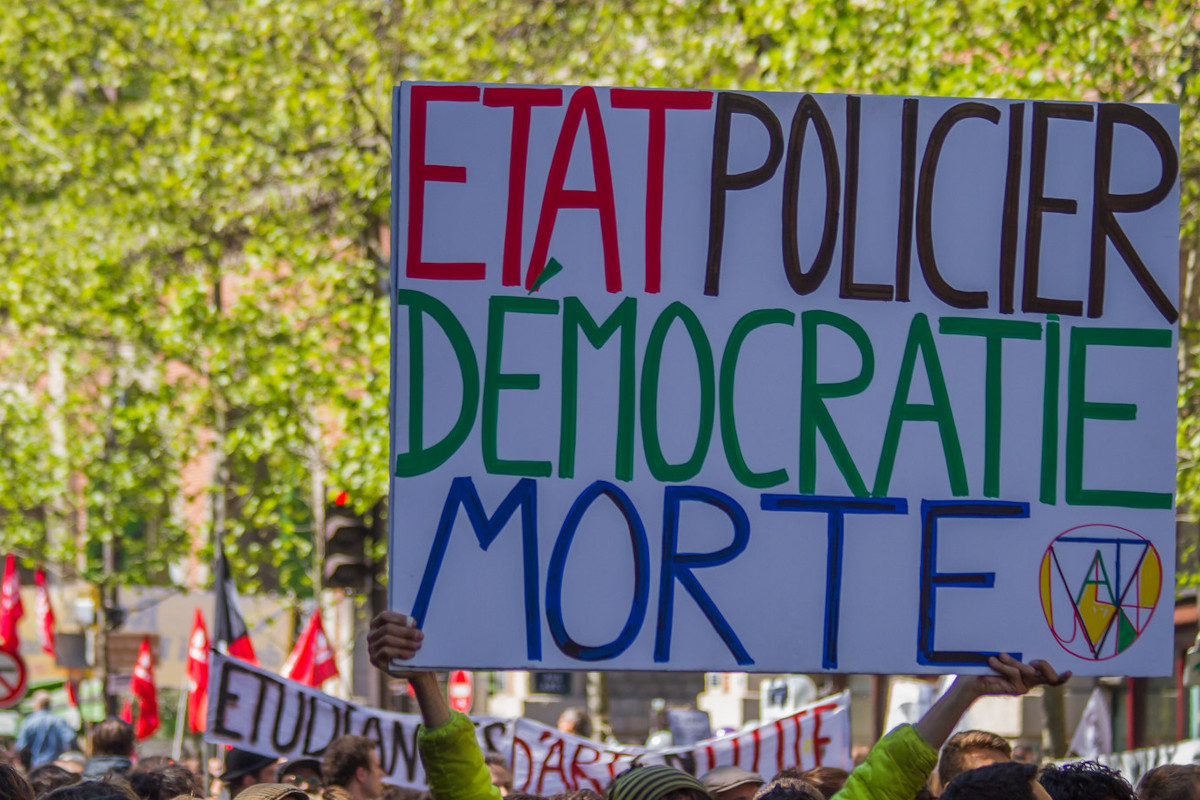Implementing the Pact: Commission calls for accelerated deportation procedures
Topic
Country/Region
02 September 2024
The Commission has called on EU institutions and member states to ramp up efforts to prepare for the deportations that will result from the new “return border procedure” introduced by the Pact on Migration and Asylum. The proposals come in a classified report obtained by Statewatch, which assesses non-EU states’ level of cooperation with removals from the bloc.
Support our work: become a Friend of Statewatch from as little as £1/€1 per month.
 Image: Christian Lue, Unsplash
Image: Christian Lue, Unsplash
Border deportation procedure
Under the new asylum border procedure, applicants from countries whose nationals have an average asylum recognition rate within the EU of 20% or lower, such as Senegal or Tunisia, will be detained and face a fast-track procedure designed to ensure that, in the words of the Commission, “if international protection is refused… that person will be swiftly returned.”
In the report (pdf), the Commission aims to “identify challenges that should be overcome in view of the implementation of the border procedure,” which has a maximum time frame of 24 weeks – almost six months – for holding people in prison-like conditions at the EU’s external borders. The Commission states that this limit means “timeframes for identification and issuance of travel documents will have to be reduced,” to ensure that destination countries will readmit deported citizens.
The document states the Commission plans to focus on ramping up the efficacy of deportations to countries whose nationals would be processed under the border procedure. An annex to the report (pdf) compares asylum acceptance rates and the number of so-called “irregular” border crossings, with Senegal, Tunisia, Morocco, Bangladesh, and Egypt topping its list of countries with 20% or lower recognition rates and high numbers of arrivals.
Article 25a Mechanism
The report is issued annually in the context of a visa sanctions mechanism, Article 25a of the Visa Code, through which countries deemed non-cooperative on deportations are penalized by the EU, which can obstruct their citizens’ access to Schengen visas. The mechanism is now to play a role in putting pressure on those countries whose citizens are likely to be put through the border procedure.
The Gambia was the first country to face such sanctions, beginning from 2021, followed by Ethiopia earlier this year. Sanctions currently continue against The Gambia (although they were scaled back earlier this year), even though the country has a comparatively high deportation rate. At 50%, the country also still faces the highest visa rejection rate of any country in the report.
The report assesses 34 countries that meet the criteria for being candidates for the Article 25a mechanism. Four others – Afghanistan, Libya, Palestine and Syria – also meet those criteria, but are not examined because “it is not possible to establish effective operational contacts.” Russia is excluded because the Ukraine war “precludes engagement”.
The report claims that:
“In the first four assessment cycles, the mechanism of Article 25a of the Visa Code created opportunities to re-invigorate discussions on readmission with certain third countries (e.g. Ethiopia, Senegal) and opened new channels of discussion and communication on readmission, where no targeted engagement had taken place previously (e.g. Cameroon, Congo, Lebanon).”
It goes on to note that the mechanism “has helped address persistent or emerging problems with concrete results and allowed for relevant progress in cooperation (e.g. Bangladesh, Iraq, The Gambia, and for the latter it resulted in the lifting of the second stage measures in April 2024).” The Commission has also published a proposal “for the introduction of visa measures in relation to nationals of Somalia.”
According to the report, the EU may also be nearing a readmission agreement with Nigeria: “a technical discussion to finalise the text took place in October 2023” and “further engagement at all levels, including at high level is taking place both in Brussels and Abuja to conclude the negotiations of the readmission agreement”.
The report also goes on to state that “the mechanism could be further strengthened by making coherent use of the relevant leverages (e.g. GSP, legal migration, NDICI incitative approach).”
The GSP (Generalised System of Preferences) is a mechanism through which a reduction of customs duties is supposed to alleviate economic hardship for lower-income countries. A planned reform would make trade benefits conditional on signature of readmission agreements by non-EU states, though the changes are yet to be agreed.
The NDICI is the EU’s €79.5 billion “development” budget, though some 10% of the total is supposed to be used for projects related to migration. Conditions can be placed on the funding to try and force compliance with EU migration policies and priorities.
Return Case Management Systems
To evaluate deportation cooperation, the report evaluates the return rate for each country and how quickly countries responded to identification requests, and the forms of evidence accepted. It also highlights the development of RCMSs, or Return Case Management Systems, which are supposed to facilitate the returns process.
The Commission has previously described an RCMS as “an electronic platform facilitating the exchange of information between competent authorities in Member States and in a given third country in order to process individual readmission cases.”
They facilitate the comparison of biometric and other data held by authorities in the EU with that held by the intended state of destination, in order to confirm an individual’s identity and ease the acquisition of travel documents for deportation. Their development and deployment is being funded by both the EU and the International Organization for Migration (IOM), a UN agency.
According to the report, Bangladesh, Armenia, Pakistan, Sri Lanka all already have operational RCMSs, and one is in the pipeline for Azerbaijan (this seems to be delayed, as previous reports indicated it would be operational by 2022). The report also mentions EU-funded projects to “[explore] a possible development” of RCMS for Côte d’Ivoire and Gambia.
“Safe third countries”
The controversial notion of “safe third countries” is also central to the new Pact legislation. Under the new rules, asylum seekers could be deported to countries designated as “safe”, but the Commission’s report does not indicate any countries who would currently be willing to accept such returns
Regarding Türkiye, one such candidate, it writes that “Türkiye maintains its position not to implement the third-country nationals’ clause until the short-stay visa requirement for Türkiye’s citizens travelling to the Schengen area is lifted.”
Documentation
- REPORT FROM THE COMMISSION TO THE COUNCIL, Assessment of third countries' level of cooperation on readmission in 2023 (COM(2024) 340 final, in Council doc. 11797/24, RESTRICTED, 23 July 2024, pdf)
- Annexes 1 and 2 (pdf)
Author: Kelly Bescherer
Our work is only possible with your support.
Become a Friend of Statewatch from as little as £1/€1 per month.
Further reading

Visa sanctions to increase deportations
Changes to the EU’s rules on visa issuance that came into force in 2020 have made it possible for sanctions to be introduced against states that fail to cooperate with deportations. For example, non-EU states that consistently fail to provide identity documents for their own nationals facing deportation from the EU can have visa fees increased, or the examination of applications slowed down. The tool appears to be popular with EU institutions and member states, and changes are on the way to “improve” its functioning. This analysis examines the mechanism itself, measures proposed or adopted under the mechanism, and recent proposals to develop and reform the system, and considers the way in which the idea of “solidarity” (between EU member states and EU bodies) is used as a weapon against third countries.

Deportations: EU considers stepping up visa sanctions after Iraq and Gambia change policies
Iraq and The Gambia have both been targeted with EU visa sanctions due to non-cooperation on deportations, and it seems the measures – or the threat of them – may have led to a new willingness to accept deportation flights from EU states. The instrument was first introduced in 2019, and was first applied to The Gambia in 2021. Now member states are discussing the way ahead for the visa sanctions regime, which may see more threats levelled at third countries deemed insufficiently cooperative with EU deportations.

Videoconference identification part of push to digitalize EU deportation procedures
Non-EU states should agree to the use of videoconferences to confirm the identity of individuals facing deportation proceedings in EU member states, says an internal European Commission report obtained by Statewatch. This is one of several initiatives being pushed as part of the drive to increase deportations from the EU, alongside digital information exchange platforms and sanctions on visa issuance for nationals of states deemed to be insufficiently cooperative with removals from the EU.
Spotted an error? If you've spotted a problem with this page, just click once to let us know.
